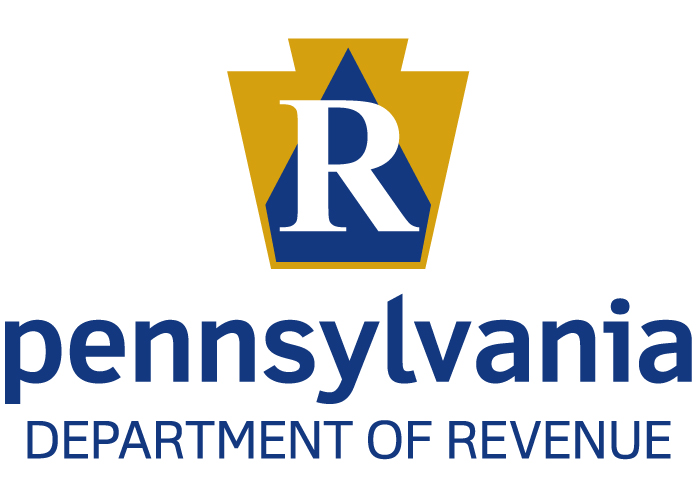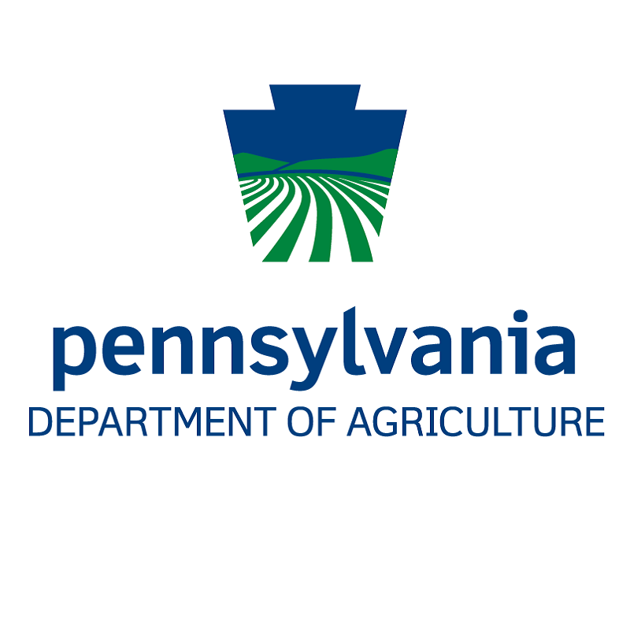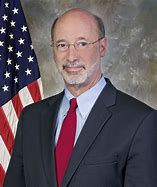
Annville, PA – Today, the Pennsylvania Department of Military and Veterans Affairs (DMVA) inducted two new members into its prestigious Hall of Fame, recognizing their exceptional service to the department, the Pennsylvania National Guard and Pennsylvania’s veterans.
Maj. Gen. (ret.) Robert P. French of Fredericksburg, Lebanon County; and Command Sgt. Maj. Christopher S. Kepner of Harrisonville, Fulton County, are the 2020 inductees.
“There is no greater honor that we can bestow upon those who have distinguished themselves through outstanding service to our commonwealth and nation than induction into the DMVA Hall of Fame,” said Maj. Gen. Anthony Carrelli, Pennsylvania’s adjutant general and head of the DMVA. “Major General French and Command Sergeant Major Kepner served in uniform for decades, leading members of the Pennsylvania National Guard to high levels of readiness, while safeguarding the lives of Americans. Their exceptional leadership and public service set a high standard that current and future leaders will – and should — strive to reach.”
Maj. Gen. (ret.) Robert P. French
Maj. Gen. (ret.) Robert P. French began his career as a Guardsman in 1972, when he enlisted in the Pennsylvania Army National Guard. He was commissioned in 1974 after completing Officer Candidate School at the Pennsylvania National Guard Military Academy.
French served in a variety of key leadership positions during his career, most notably while in the Headquarters State Area Command. As Commander of the 28th Personnel Service Battalion, he was mobilized in support of Operation Joint Guard, the United Nation’s peacekeeping effort in the Balkans. From 1998-2002 he served as the Headquarters State Area Command director of personnel, and then as chief of staff from 2002-2004. His military career culminated with serving as the DMVA assistant adjutant general.
After completion of a successful 38-year military career he continued serving Pennsylvanians through his appointment as the director of the Pennsylvania Emergency Management Agency from July 2007-2011. It is in this capacity that he continued his partnership with the DMVA to maneuver the planning and preparedness for Pennsylvania’s citizens. Finally, in 2014, French was named the Central Pennsylvania Civilian Aide to the Secretary of the Army (CASA). The CASA serves as a liaison with Pennsylvania’s citizens on behalf of the Secretary of the Army.
Command Sgt. Maj. Christopher S. Kepner
Command Sgt. Maj. Christopher S. Kepner started his career by enlisting in the U.S. Army in 1980. After nearly a decade of service and numerous assignments with the 82nd Airborne and 10th Mountain Divisions, Kepner continued his service by joining the Long Range Surveillance Detachment of the Pennsylvania Army National Guard. He was promoted into key leadership positions within the 1-111th Infantry Regiment and deployed to Kosovo in 2003. Upon his return, he advanced his career with the 2-112th Infantry Regiment and was ultimately selected as the battalion’s command sergeant major.
Kepner led the 2-112th during combat operations in support of Operation Iraqi Freedom in 2009. After his return from his second deployment, Kepner was selected as the 28th Combat Aviation Brigade command sergeant major where he continued to lead, teach, and mentor soldiers of the Aviation Brigade. In 2012, Kepner was selected as the command sergeant major of the 28th Infantry Division.
After achieving unparalleled success across the division force structure, Kepner was selected as the command sergeant major of the Army National Guard and was quickly nominated as the senior enlisted advisor to the chief of the National Guard Bureau. In this role, he served as the chief’s principal military advisor on all enlisted matters affecting training, utilization, health of the force, and enlisted professional development.
Complete biographies and more information about the DMVA Hall of Fame can be found here. Photos of the two inductees can be found on DMVA HOF Flickr.








